Resources
What is Food Urbanism?
Upcoming events
You don't have access to any upcoming eventsSearch
Support

- FUI is supported by a grant from the Swiss National Science Foundation under the National Research Programme NRP 65 "New Urban Quality"
Yes to local urban agriculture – No to a temporary parking lot!!!
“Save R-URBAN, an internationally acclaimed professional and citizen initiative of resilient regeneration in Colombes, near Paris, and persuade the municipality and other authorities of the general interest of preserving this project whose main site in Colombes is currently threaten to …
+ read more
EARTHLING, SEEDLING – LAUSANNE JARDINS 2014
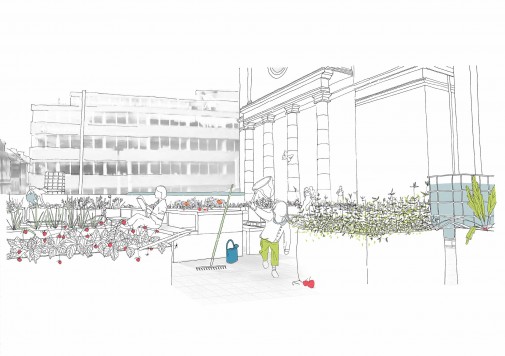
Earthling + Seedling addresses the preciousness of resources such as water and energy, the cycle of growing, planting,
harvesting and enjoying plants for food and the relationships of people and place.
WATER AND ENERGY
Water is a resource which …
+ read more
Quartier de la praille, genève
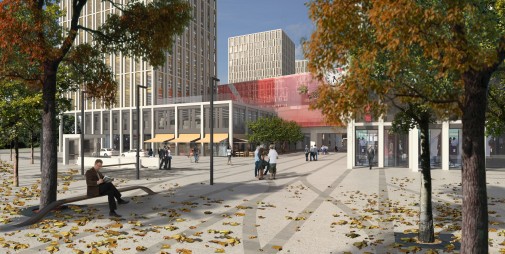
Ce site est appréhendé comme une articulation majeure entre différentes formes et activités urbaines (concentration des grands axes de communication, plate-forme multimodale, quartiers d’affaires, quartiers d’habitations etc.), entre grandes entités paysagères identitaires de la région et espaces urbains genevois.
L’image …
+ read more
Malley, Arrêt sur image
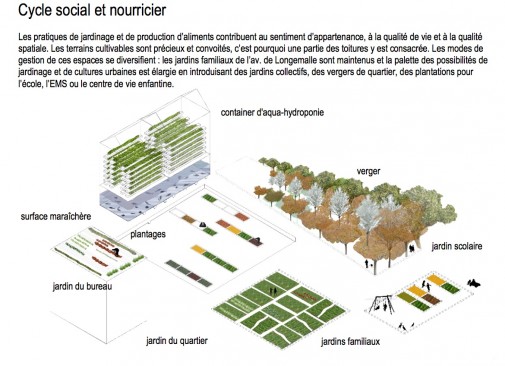
Ce projet promeut la création d’un quartier à forte densité aux qualités urbaines supérieures, alliant les traces du passé aux besoins du monde d’aujourd’hui, le tout dans un esprit d’ouverture pour un futur durable.
La ville se construit au …
+ read more
Landworks laboratorio del paesaggio 2012 (L3)
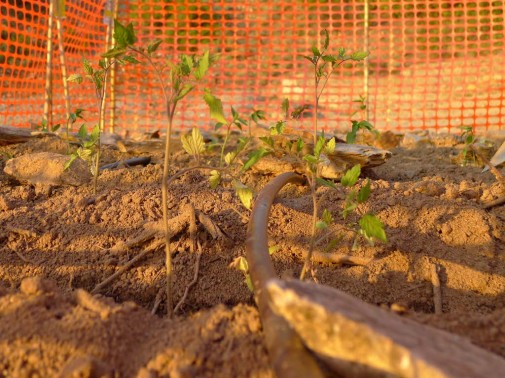
The Landworks laboratorio del paesaggio 2012 (L3) situates its activity within the second official installation of Landworks. Founded by the assemblage of eleven young researchers from North America, Europe and Asia, the team performs within the geomorphologic limits of the …
+ read more
Idroponia

Idroponia in aulide
Matera. italy
A model in 1:1 scale hydroponic urban agriculture has been designed and built next to a house in the Sassi Area of Matera ( Basilicata, South Italy ). Hydroponics is a growing technique that uses …
+ read more
M.E.P La Casaz

Le MEP de la Casaz, à Bulle vise la qualité d’intégration paysagère d’un nouvel ensemble de logements dans un tissu villageois de faible densité. Le site, à proximité immédiate du centre, offre un cadre paysager exceptionnel bénéficiant de vues remarquables, …
+ read more
Chamard châtelard, Yverdon-les-bains
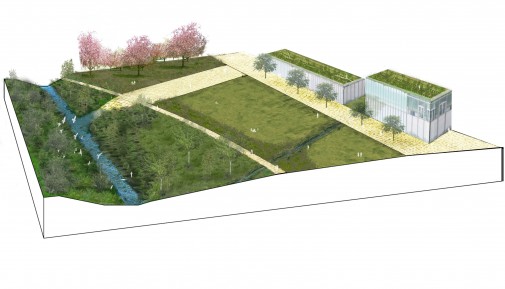
Suite à l’abandon du projet de canal Rhin-Rhône, et la disponibilité consécutive de larges espaces auparavant réservés, Agglo y a lancé un MEP visant à définir les conditions d’aménagement de ce secteur partiellement bâti situé aux portes de la ville, …
+ read more
Les Parties, Yverdon-les-bains
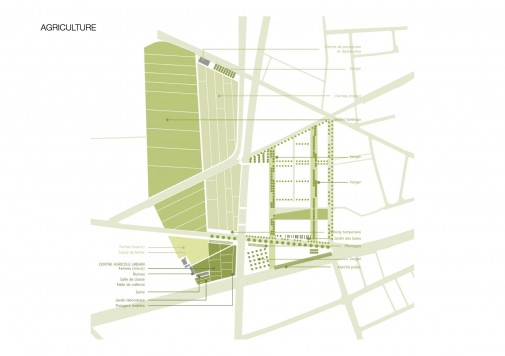
L’équipe pluridisciplinaire pour Les Parties, pilotée par Urbaplan avec la participation de VWA pour la thématique paysage, a abordé l’urbanisation d’un espace actuellement agricole, pris entre la frange urbaine existante et le viaduc. Le programme prévu pour ce secteur inclut …
+ read more
Les Plaines-du-Loup, Métamorphose
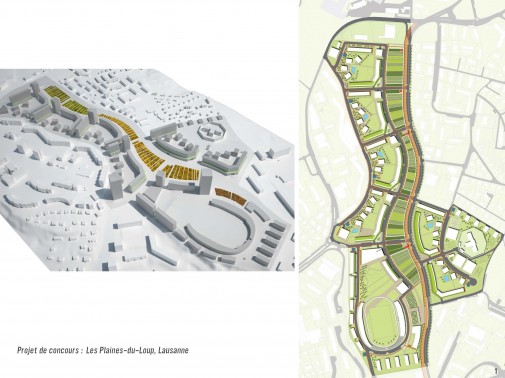
Permettant d’associer la production alimentaire à une démarche urbanistique, le projet de concours VWA pour les Plaines-du-Loup considère l’activité agricole comme un élément qualifiant les espaces libres du quartier et lui conférant une forte identité. Ne cherchant pas à concurrencer …
+ read more
Centrale de biométhanisation de la ville de lausanne et cuisine froide du CHUV

Une usine de biométhanisation (30’000m2) et une cuisine de préparation d’aliments froids pour le CHUV sont projetés au sein du périmètre «Coeur du P.A.R.C.» du parc d’agglomération de la Blécherette, plus précisément à proximité de la ferme de Cery. La …
+ read more
Légumes du lac : Bains des Pâquis, geneva
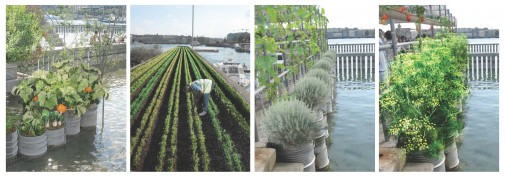
L’insertion de la production alimentaire en milieu urbanisé est un processus pouvant répondre à différentes logiques, à la fois top-down comme nous avons pu le voir précédemment ou bottom-up. L’exemple des Bains des Pâquis résulte d’une impulsion individuelle, née d’une …
+ read more
Edible Campus – The University of Quebec, Montreal
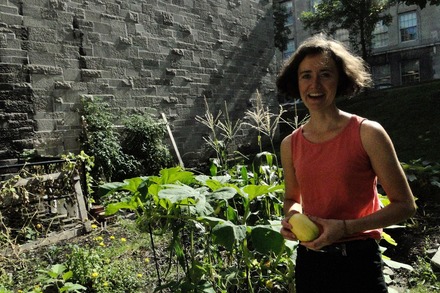
Campus Comestibles is a set of four initiatives for four university campuses. Montreal students are working hard to promote urban agriculture and eventually be able to feed themselves thanks to the university’s production. The University of Quebec in Montreal (UQAM) …
+ read more
Franklin permaculture garden
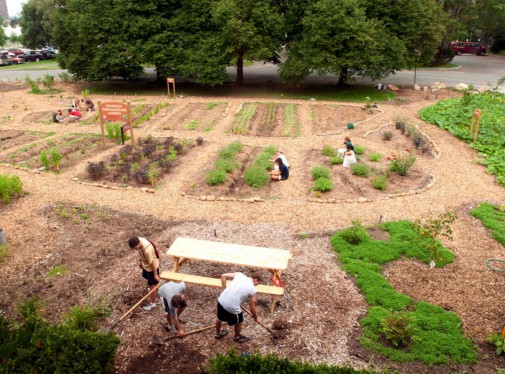
The UMass Permaculture Initiative is a unique sustainability program that converts unproductive grass lawns on campus into ecological, socially responsible, and financially sustainable permaculture landscapes that are easy to replicate. The permaculture garden provides food for the campus dining facilities …
+ read more
Ravine city
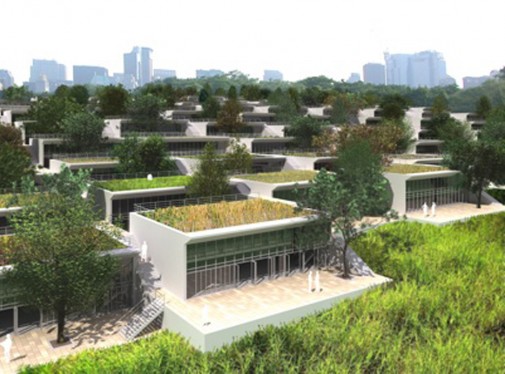
The Toronto Ravine System, running like fingers through the city and housing diverse ecosystems, is Toronto’s defining natural feature. The artificial ravines function much like natural ravines – controlling water flow, cleansing the air as well as creating habitat and …
+ read more
Beacon food forest
Funded in part by the Seattle Department of Neighborhoods and maintained by dozens of volunteers, the Beacon food forest contains fruit and nut trees, mulberry bushes and snack paths of strawberries to create an edible forest. With permaculture principles at …
+ read more
FoodTubes
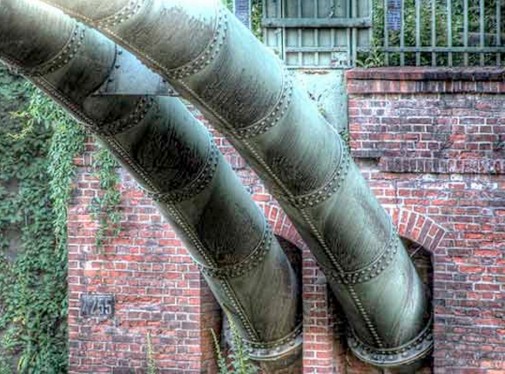
The Urban Food Tubes delivery system is a project imagined by a collaboration of engineers and academics called FoodTubes. This design repurposes the tube infrastructure in the UK, by supplying the contents of the tube for transporting groceries. The function …
+ read more
Center for the Environment

At Catawba College‘s Center for the Environment are developing two urban agriculture initiatives: a green roof for the science building and a new high efficiency greenhouse.
The college is using a high efficiency Suncatcher greenhouse that deals with the problem …
+ read more
Dakakker Urban Rooftop Farm
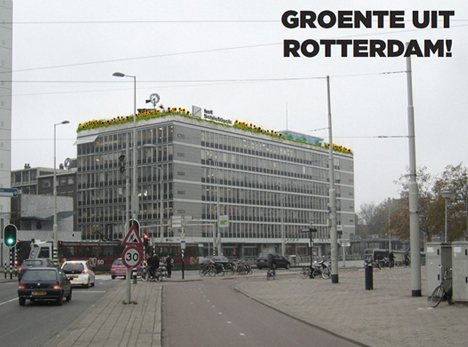
As part of the 5th International Architecture Biennial Rotterdam, the Rotterdam Test Site has included the city’s first rooftop garden on top of the Schieblock building. The garden houses vegetables. herbs and bees, with the produce being distributed to local …
+ read more
Dongtan Eco-Project
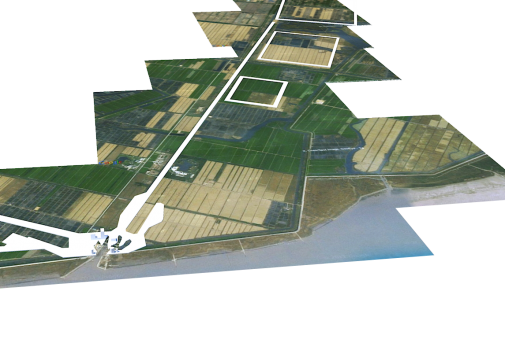
The newly designed city responds to an intense urbanization of the rural population. Planned double-decker organic farms replaces agriculture lost to building. All waste is recycled for agriculture or energy. In some cases former agricultural land will be returned to …
+ read more
Ottawa Greenbelt
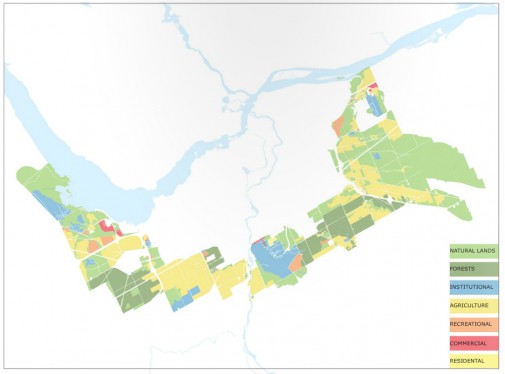
The Ottawa Greenbelt is primarily owned by the National Capital Commission (14,950 acres) along with other public and private agencies. Farming, forestry, research and the airport make up its primary “economic contributions”. Yet recreation, wildlife habitat, open space and ecological …
+ read more


